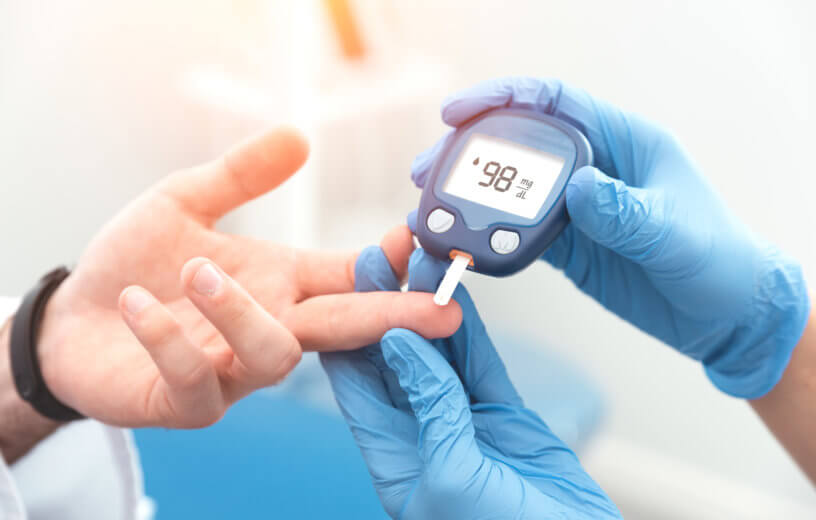EDINBURGH, Scotland — Diabetes is a condition most patients believe they’ll have to deal with for the rest of their lives. Although there is no definitive cure currently, a new study finds one in 20 people have a chance to achieve remission from type 2 diabetes. Moreover, this five-percent chance can come without the need of undergoing bariatric surgery.
Researchers from the University of Edinburgh find that losing weight and taking glucose-lowering medications are among the best options people can use to reverse their condition. Type 2 diabetes diagnoses – which account for 90 percent of all cases – are accelerating as a result of several factors including obesity.
Previous studies have revealed a connection between blood sugar dysfunction and poor lifestyle habits such as eating too much unhealthy food, not exercising, or being inactive for large portions of the day. Currently, estimates show there are around 463 million people with diabetes worldwide. Study authors say these numbers are rising due to aging populations, growing obesity rates, and sedentary lifestyles.
Getting rid of diabetes on their own
While examining a large group of people with type 2 diabetes in Scotland over 30 years, researchers discovered around five percent of this group was in remission as of 2019. They discovered that patients in remission had tried several ways to relieve themselves of the condition. These included losing weight, taking glucose-lowering medication, or opting for bariatric surgery.
Researchers hope that these new findings show this extremely higher number than expected could help doctors in guiding patients with weight loss programs and other treatments. They believe that if more people know about these options, there’s a possibility even more diabetics can rid themselves of the condition.
“We have been able to show, for the first time, that 1 in 20 people in Scotland with type 2 diabetes achieve remission. This is higher than expected and indicates a need for updated guidelines to support clinicians in recognizing and supporting these individuals,” says Dr. Mireille Captieux in a media release.
The findings appear in the journal PLOS Medicine.
South West News Service writer Joe Morgan contributed to this report.
